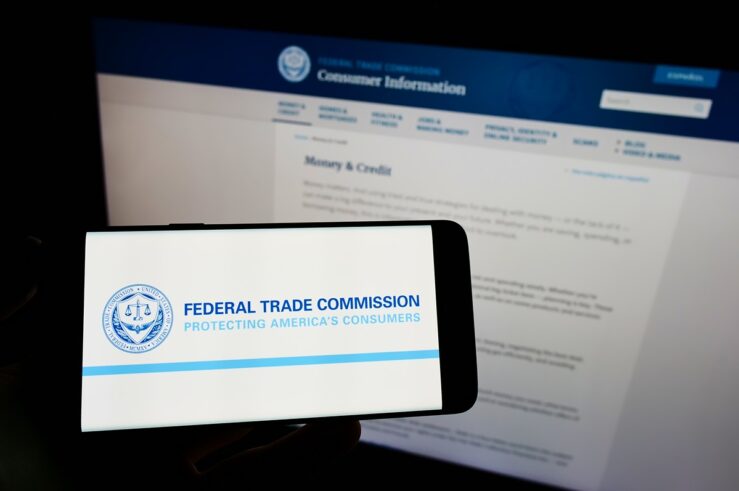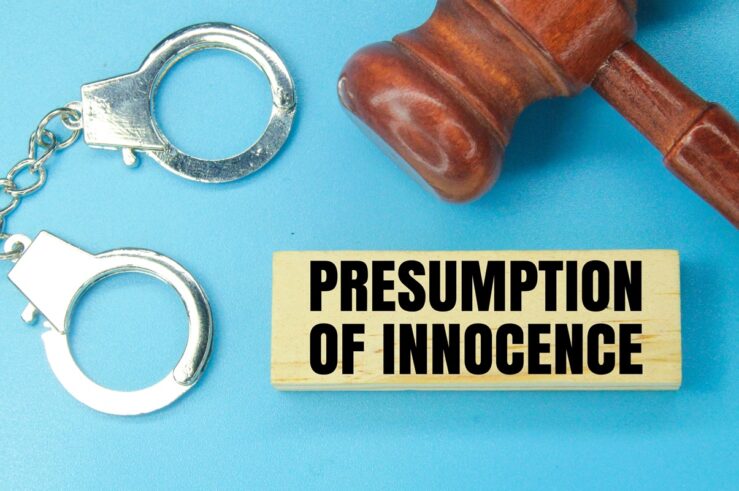Showing archive for: “Vertical Restraints & Self-Preferencing”
The View from the United Kingdom: A TOTM Q&A with John Fingleton
What is the UK doing in the field of digital-market regulation, and what do you think it is achieving? There are probably four areas to consider. The first is that the UK’s jurisdiction on mergers increased with Brexit. The UK is not subject to the same turnover threshold as under European law, and this enables ... The View from the United Kingdom: A TOTM Q&A with John Fingleton
Confronting the DMA’s Shaky Suppositions
It’s easy for politicians to make unrealistic promises. Indeed, without a healthy skepticism on the part of the public, they can grow like weeds. In the world of digital policy, the European Union’s Digital Markets Act (DMA) has proven fertile ground for just such promises. We’ve been told that large digital platforms are the source ... Confronting the DMA’s Shaky Suppositions
India Should Question Europe’s Digital-Regulation Strategy
A year after it was created by the Government of India’s Ministry of Corporate Affairs to examine the need for a separate law on competition in digital markets, India’s Committee on Digital Competition Law (CDCL) in February both published its report recommending adoption of such rules and submitted the draft Digital Competition Act (DCA), which ... India Should Question Europe’s Digital-Regulation Strategy
The View from Australia: A TOTM Q&A with Allan Fels
Allan, you have a remarkably high public profile in Australia and are known to most of the Australian population as ex-ACCC chair. Could you please give us a bit on your background and how you got into competition law? I did degrees in law and economics at the University of Western Australia and a PhD ... The View from Australia: A TOTM Q&A with Allan Fels
Antitrust at the Agencies Roundup: Supply Chains, Noncompetes, and Greedflation
The big news from the agencies may be the lawsuit filed today by the U.S. Justice Department (DOJ) and 16 states against Apple alleging monopoly maintenance in violation of Section 2 of the Sherman Act. It’s an 86-page complaint and it’s just out. I’ll write more about it next week. Two quick observations: First, the ... Antitrust at the Agencies Roundup: Supply Chains, Noncompetes, and Greedflation
The Broken Promises of Europe’s Digital Regulation
If you live in Europe, you may have noticed issues with some familiar online services. From consent forms to reduced functionality and new fees, there is a sense that platforms like Amazon, Google, Meta, and Apple are changing the way they do business. Many of these changes are the result of a new European regulation ... The Broken Promises of Europe’s Digital Regulation
A Closer Look at Spotify’s Claims About Apple’s App-Store Practices
Following Monday’s announcement by the European Commission that it was handing down a €1.8 billion fine against Apple, Spotify—the Swedish music-streaming service that a decade ago lodged the initial private complaint that spawned the Commission’s investigation—published a short explainer on its website titled “Fast Five Facts: Facts that Show Apple Doesn’t Play Fair.” The gist ... A Closer Look at Spotify’s Claims About Apple’s App-Store Practices
The Law & Economics of the Capital One-Discover Merger
Capital One Financial announced plans late last month to acquire Discover Financial Services in a $35.3 billion deal that would give Capital One its own credit-card payment network, while simultaneously allowing the company to expand its deposit base, credit-card offerings, and rewards programs. Conversely, credit analysts like Matt Schulz of LendingTree note that “if Capital ... The Law & Economics of the Capital One-Discover Merger
The DMA’s Missing Presumption of Innocence
The EU’s Digital Markets Act (DMA) will come into effect March 7, forcing a handful of digital platforms to change their market conduct in some unprecedented ways. The law effectively judges them guilty (with a very limited, formalistic trial), and brands them “gatekeepers” based purely on size. It then sentences them to far-reaching, one-size-fits-all antitrust-style ... The DMA’s Missing Presumption of Innocence
Whose Failure Is the Failed Amazon/iRobot Merger?
The European Commission told Amazon in November 2023 of its preliminary view that the company’s proposed acquisition of iRobot restricted competition in the market for robot vacuum cleaners (RVCs) and could hamper rival RVC suppliers’ ability to compete effectively. The deal, the Commission asserted, would give Amazon incentive to foreclose iRobot’s competitors by engaging in ... Whose Failure Is the Failed Amazon/iRobot Merger?
How the FTC’s Amazon Case Gerrymanders Relevant Markets and Obscures Competitive Processes
As Greg Werden has noted, the process of defining the relevant market in an antitrust case doesn’t just finger which part of the economy is allegedly affected by the challenged conduct, but it also “identifies the competitive process alleged to be harmed.” Unsurprisingly, plaintiffs in such proceedings (most commonly, antitrust enforcers) often seek to set ... How the FTC’s Amazon Case Gerrymanders Relevant Markets and Obscures Competitive Processes
A European Commission Challenge to iRobot’s Acquisition Is Unjustified and Would Harm Dynamic Competition
Once again, a major competition agency, the European Commission, appears poised to take an anticompetitive enforcement action—in this case, blocking Amazon’s acquisition of consumer robotic-manufacturer iRobot. iRobot, headquartered in Bedford, Massachusetts, is an American success story: Founded in 1990 by Massachusetts Institute of Technology roboticists with the vision of making practical robots a reality, iRobot ... A European Commission Challenge to iRobot’s Acquisition Is Unjustified and Would Harm Dynamic Competition
















